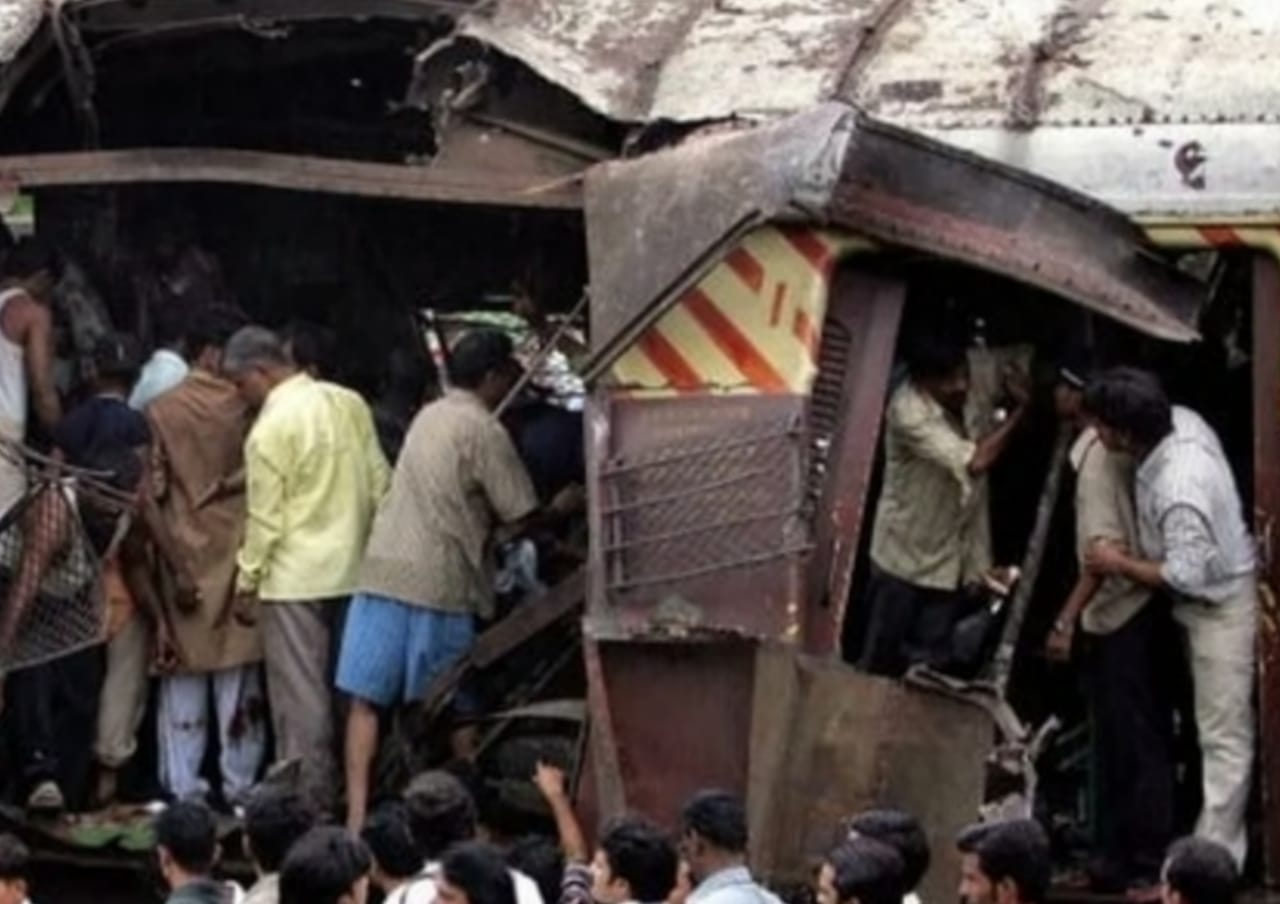
Mumbai:
In a major judicial development, the Bombay High Court on 21 July 2025 acquitted all 12 men previously convicted for the 2006 Mumbai suburban train bombings that killed 189 people and injured over 800. The two judge division bench of Justices A S Chandak and N R Borkar overturned the 2015 verdict of the special MCOCA court, stating that the prosecution had “utterly failed to prove” the case against the accused beyond reasonable doubt.
The seven coordinated blasts, which occurred on 11 July 2006, struck first class compartments of Mumbai’s Western Railway trains during the evening rush hour. The bombs, hidden inside pressure cookers, exploded within a span of eleven minutes across multiple local trains between Churchgate and Borivali. The attacks are considered one of the deadliest in Mumbai’s history.
Twelve men were convicted in 2015 after a trial that lasted nearly nine years. Five of them were sentenced to death and seven received life imprisonment. The Maharashtra Anti Terrorism Squad (ATS) had accused the men of being part of a conspiracy involving the banned organisation Students Islamic Movement of India (SIMI) and the Pakistan based Lashkar-e-Taiba. Charges were framed under the Indian Penal Code, the Unlawful Activities (Prevention) Act, and the Maharashtra Control of Organised Crime Act (MCOCA).
However, the High Court pointed out serious shortcomings in the investigation and trial. The bench stated, “It is unsafe to reach the satisfaction that the appellants committed the offences for which they were convicted and sentenced.” The judges described the case as “very abnormal” and criticised the prosecution’s reliance on weak evidence and unreliable witness testimonies. They also questioned the identification parades conducted during the investigation, noting procedural lapses.
The court emphasised that most of the confessions taken by the investigation seemed to be made under pressure and have nothing to do with independent confirmations. Connection between forensics between the perpetrators and the bomb contents was proved non-conclusive. Furthermore, the confiscation of supposedly incriminating documents like maps and firearms was discovered as a scantily reported and indirectly related with the explosions.
According to the ruling, the High Court directed the immediate freeing of the 12 acquitted men unless desired in other matters. Each of them has been requested to pay a personal bail bond of 25000 to guarantee they appear in court should they be needed in the future.
The verdict has had mixed responses. While some civil rights activists have voiced concerns about the investigation's shortcomings and delays, others have applauded the ruling as a remedy for a miscarriage of justice. Former BJP MP Kirit Somaiya recommended the state government of Maharashtra to file an appeal of acquittal in the Supreme Court citing inadequacy in legal approach and gathering of evidence.
The historic ruling promotes the importance of due process and this calls the need to have a powerful and transparent investigation system in an event of terrorism. The rights of the accused and the long-term effects of faulty prosecutions on people's lives are also given fresh attention.